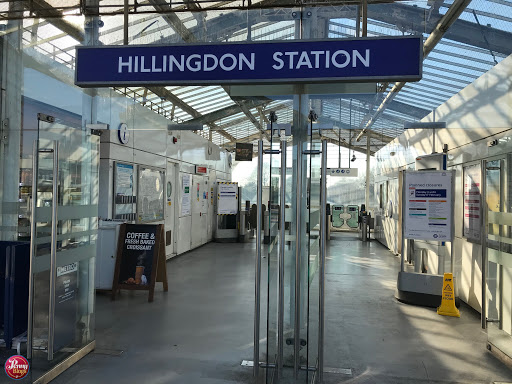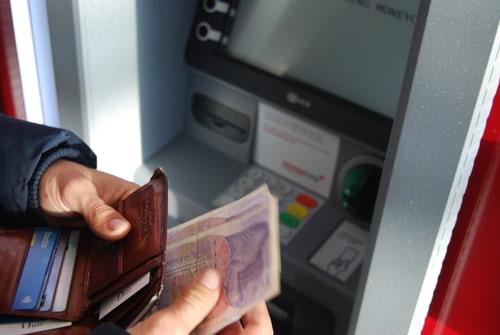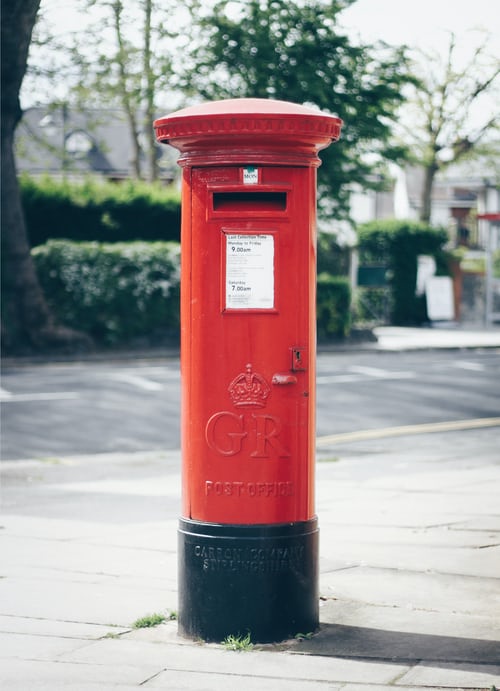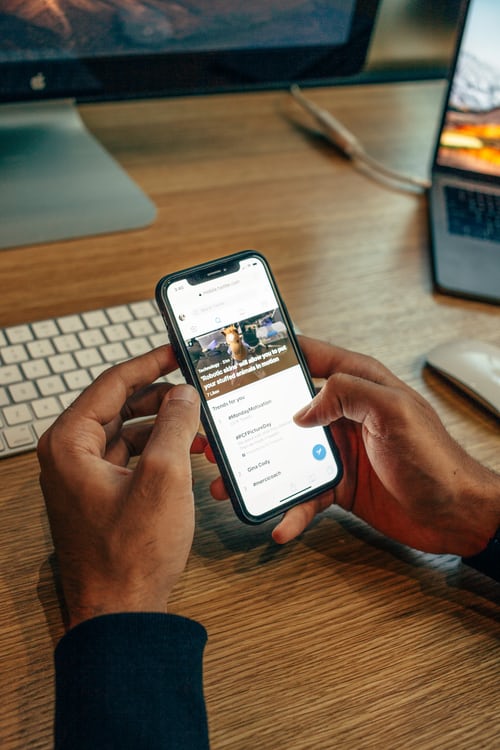Summary of sections: 
- Health (GP, dentist, optician information and registration, mental and sexual health support, carer support, registering births, deaths, marriages, civil partnerships etc)
- Housing (information on buying, renting, social housing, household services such as rubbish collection, information on fly tipping, etc)
- Education (information on early years, schools and beyond)
- Transport (using public transport, driving your own vehicle, etc)
- Information on other services such as Banking, using Post office, TV, Telephone, etc and Hillingdon People magazine, HillingdonFirst card
5. INFORMATION ON OTHER SERVICES
5.1. Money, Banking, Post Office, Council Tax, Telephone and Television License
Money in the UK 

Currency
Britain’s national currency is the pound sterling (£).
One pound (£1) is made up of 100 pence (p).
There are coins for £2, £1, 50p, 20p, 10p, 5p, 2p and 1p.
There are notes for £5, £10, £20 and £50.
There are lots of places you can change money in Britain:
- Exchanges on high streets, in airports and major railway stations
- Banks
- Travel agents
- Post offices
It is a good idea to shop around to get the best deal and remember to ask how much commission is charged.
The Banking System
Bank accounts help you to receive money, keep track of your spending and saving and pay bills. There are a large number of banks in the UK.
To open a bank account you need to visit a bank.
Look online or go to your local high street to find a bank.
The bank will ask you for proof of identification before you can open an account. Examples of this are passports (with visas if it is a non-British passport) or a driving licence.
The bank will also ask you for proof of address. Examples of this are utility bills or a tenancy agreement.
The bank should then open an account for you.
Using the Post Office 
You can go to the Post Office for many things.
Sending a letter/parcel in the UK
Buying stamps
Sending a letter/parcel to another country
Finding forms to apply for or renew vehicle tax, a driving license or a passport
Paying bills or topping up your gas card or electricity key
Exchanging currency
For more information about services please visit: Post Office
There are a number of different services you need to pay for if you have your own accommodation in the UK.
There are usually a number of different options available to pay your bills.
You can talk to the utility provider (gas, electricity etc.) and look at the back of your utility bills to see which is the best option for you.
Pay Online or by phone banking:
If you bank online or by phone, you can pay your bills directly.
It’s quick and easy and you’re in control of exactly what you pay and when, but you have to remember to pay your bills in time.
Paying by Direct Debit:
Once you have opened a bank account, you can set up a direct debit.
Direct Debit is the simplest way to pay your household bills or make regular or occasional payments to any kind of organisation that accepts Direct Debit payments.
This means that you agree to a payment which is then taken from your account.
Paying by standing order:
Give the bank an instruction to pay an exact amount to another account regularly.
You can ask your bank to set up a standing order.
Pre-payment meter:
Gas and electricity can be prepaid by topping up a key or a card which goes into your gas or electricity meter.
At the post office:
You can often pay a bill by cash or card at the Post Office.
There can sometimes be a fee for using this service.
Telephone 
Most houses in the UK have a fixed phone line (called a landline). If you do not have a line, you can contact a phone company to get one.
You will usually have to pay for this. If you already have a phone line, you can be connected for free.
Mobile phones can be useful, but consider the costs carefully and visit different mobile phone shops to get the best deal.
Television (TV) Licence
If you have a television (TV) in your house,you must also have a television licence.
How can I pay?
You can be taken to court and fined if you do not have a TV licence.
Licence Fees: Colour TV- £157.50 a year
Black & White TV- £53 a year
People over 75 years old – Free
To pay your TV Licence: Pay your TV Licence Fees
Council Tax
Council tax is a local tax which pays for services such as the police, fire service and rubbish and recycling collection.All homes in the UK have to pay council tax.
Your local authority decides how much council tax you should pay.
You’ll need to know 3 things:
the valuation band for your home in England and Wales
how much your local council charges for that band
whether you can get a discount or exemption from the full bill
You may be able to get Council Tax Reduction (this used to be called Council Tax Benefit) if you’re on a low income or get benefits.
CLICK: Pay your Council Tax Bill